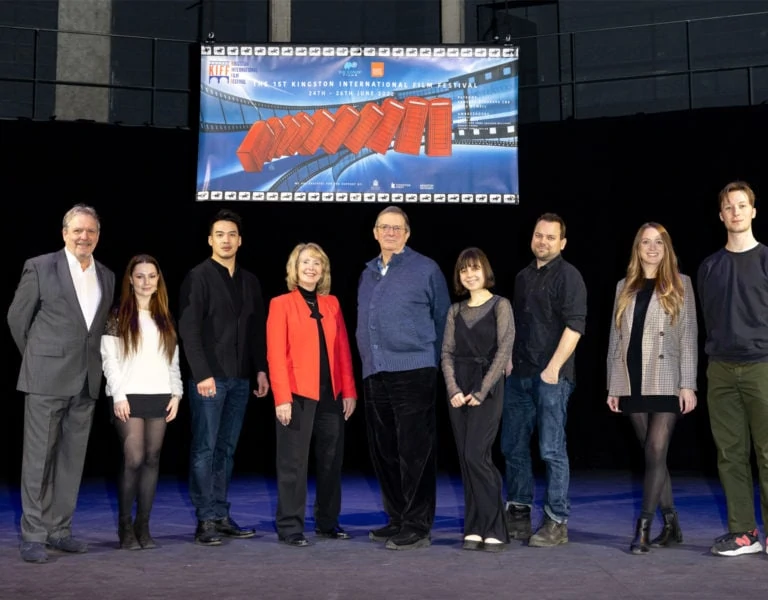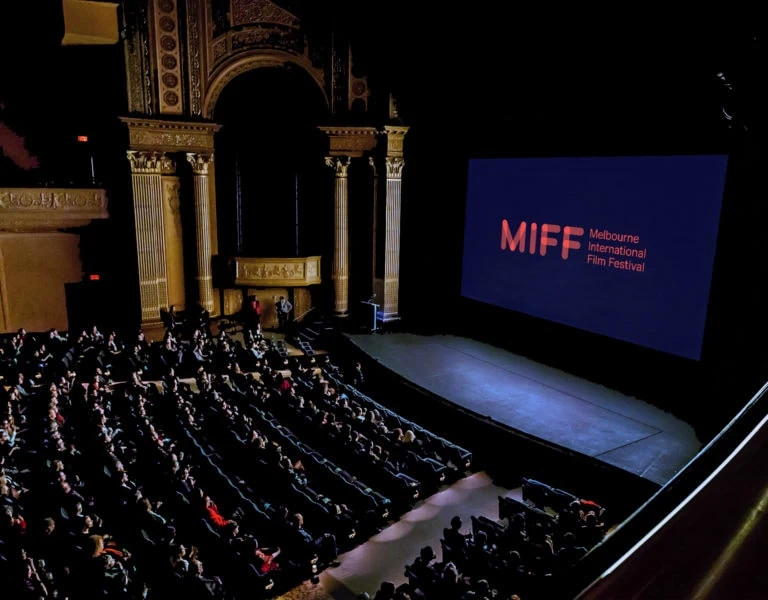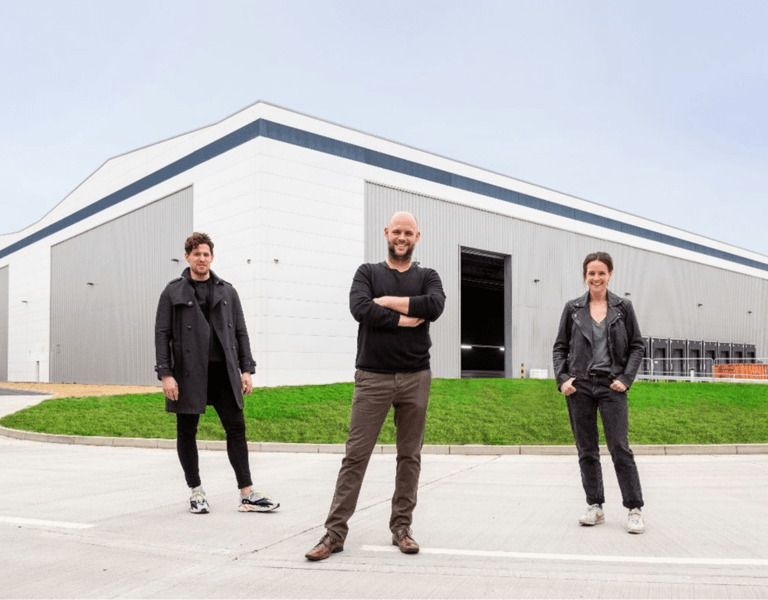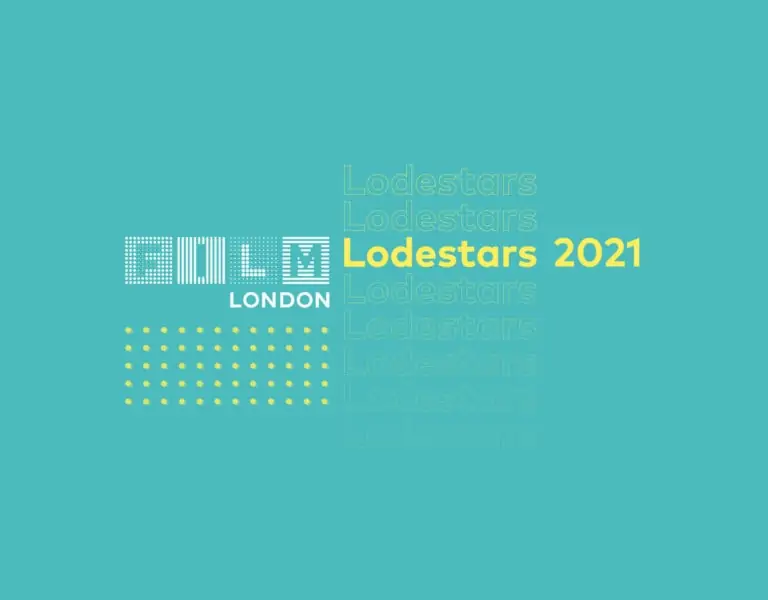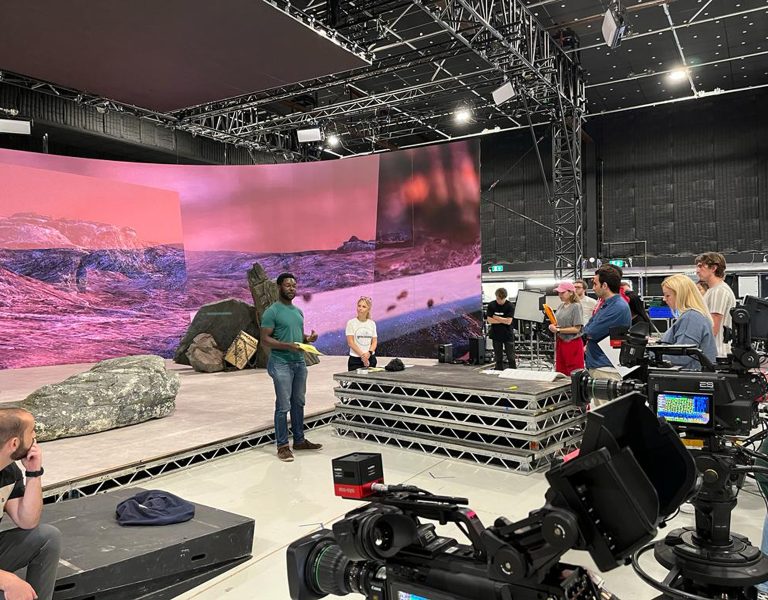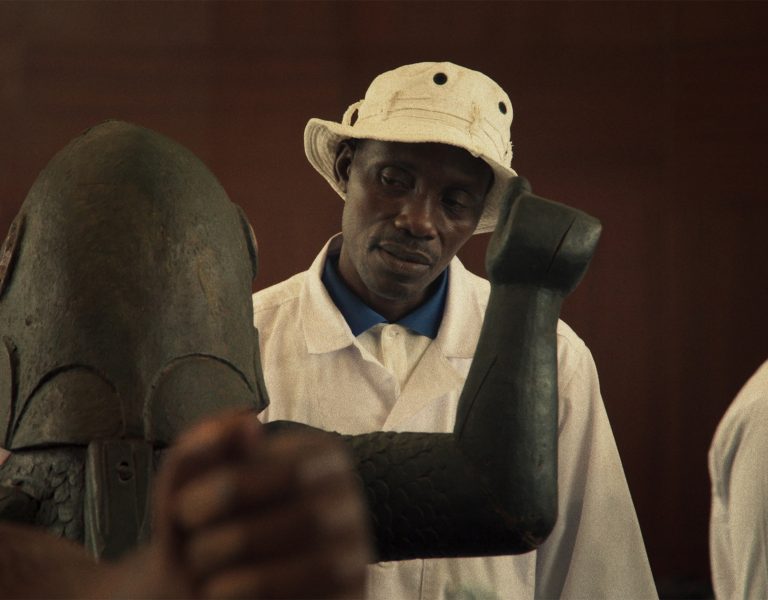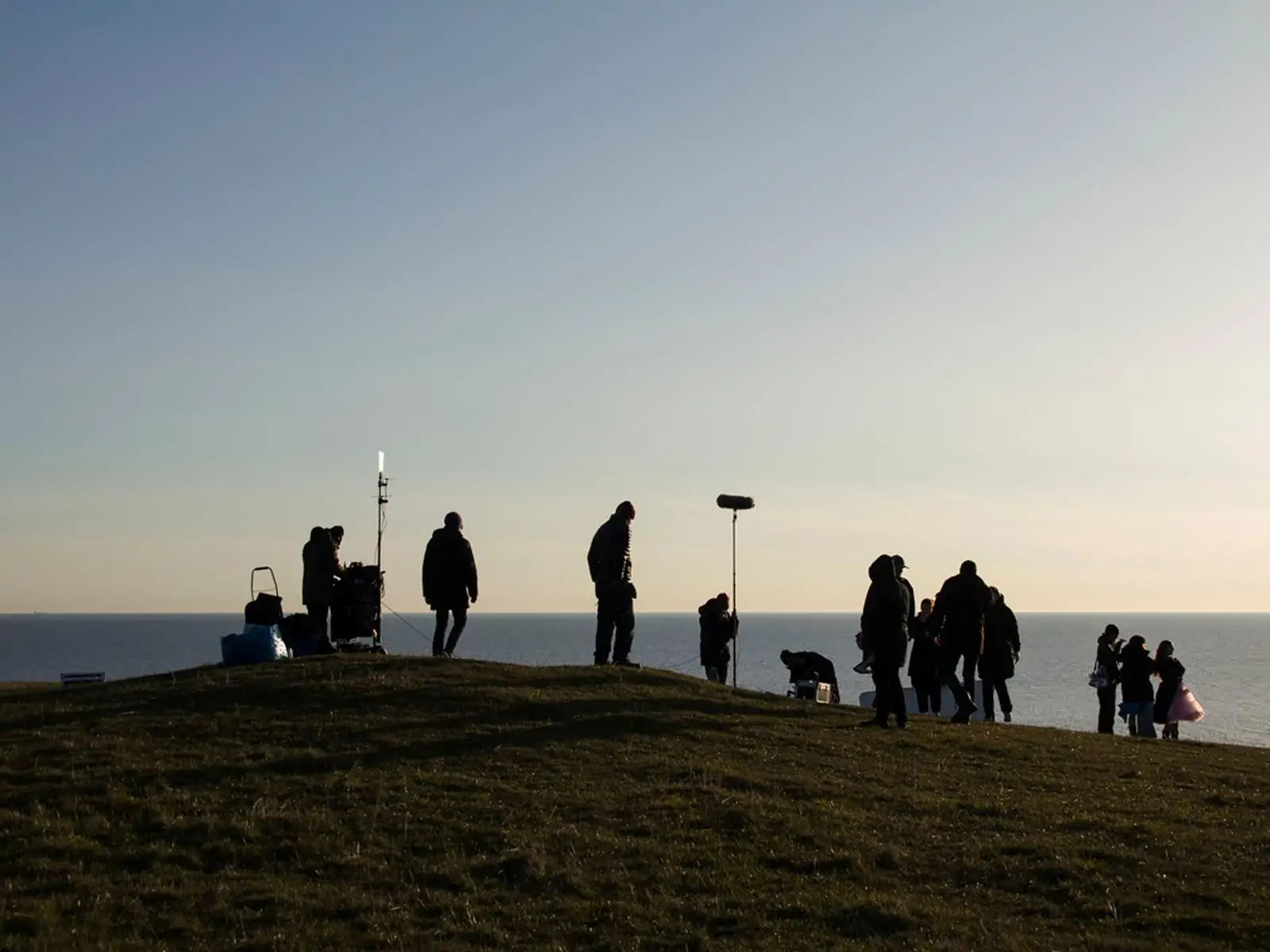
Recently, Film London CEO Adrian Wootton moderated two panels at the European Audiovisual Observatory UK Presidency Conference 2021 with the Department for Digital, Culture, Media & Sport (DCMS); Boosting Sustainable Film through International Collaboration.
With around 600 people tuning in worldwide to hear from a number of industry leading figures and policy makers across Europe, we give a run down of all that was said.
The audiovisual industry is somewhat a victim of its own success when it comes to sustainability. With demand for content now higher than ever, this means an increased demand and use for equipment, travel, catering and energy. In fact, real-time (carbon) emissions associated with making one hour of TV equates to roughly 9.2 tonnes, with film production even higher.
With so many international and individual green efforts, schemes and calculators, the aim of the conference was to highlight key challenges, consolidate the various initiatives in place, and to encourage potential international collaboration to better address these issues.
In the first panel, Adrian Wootton sat down with three practitioners on what current challenges could be addressed by better international collaboration. Aside from time, two key challenges were highlighted; infrastructure and training. Studios and filming spaces need to implement green best practices at the stage of development, which can then be used repeatedly by whatever production is using the space. For example, the practitioners highlighted recycling points, white goods on site for productions to use rather than bringing their own, and electrical charging points.
The panel discussed the need to increase a dialogue across not only the environmental initiatives, but also across the private and public sectors, so everyone is aware of what can be done at all stages of production. The panel also agreed that considering green costs within a production budget from the very beginning will help eradicate the stress or excuse, of finding money. As policy makers, incentives to hook in productions were suggested, helping productions achieve greener goals through enticing deals as in order to establish considerable change, you have to encourage the culture and present appeal first.
You can catch up on the conference, including all presentations and moderated panels here.

